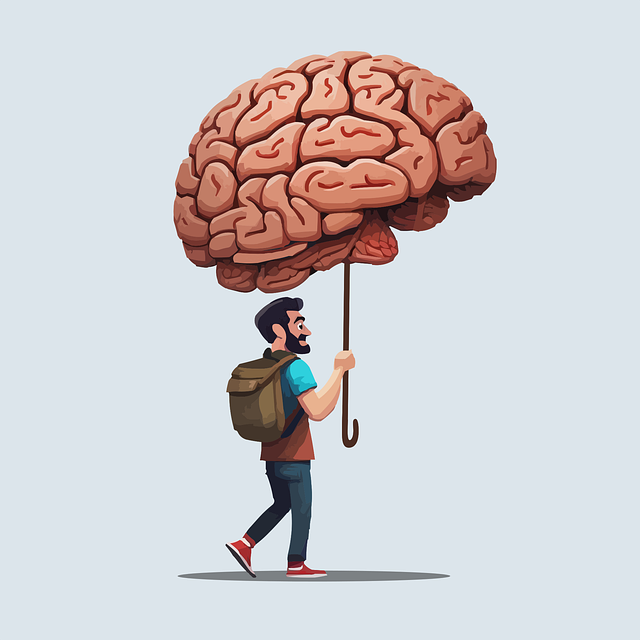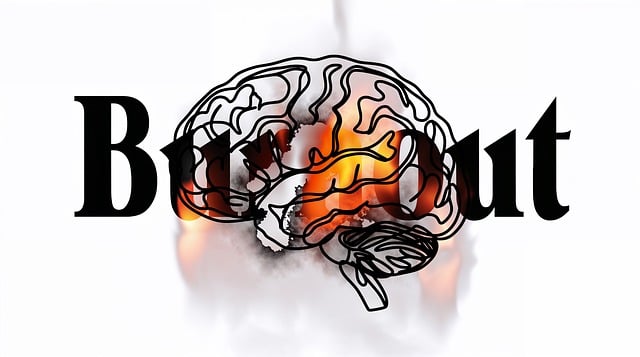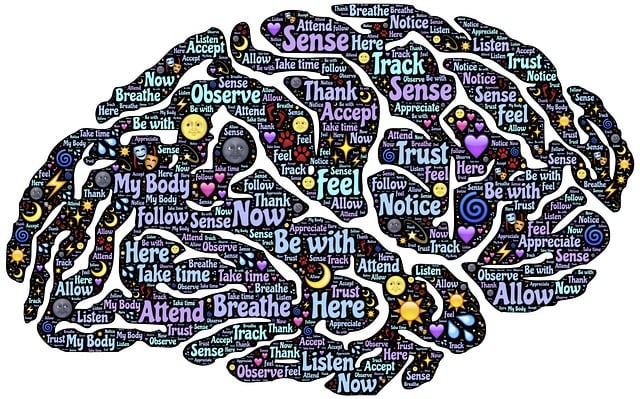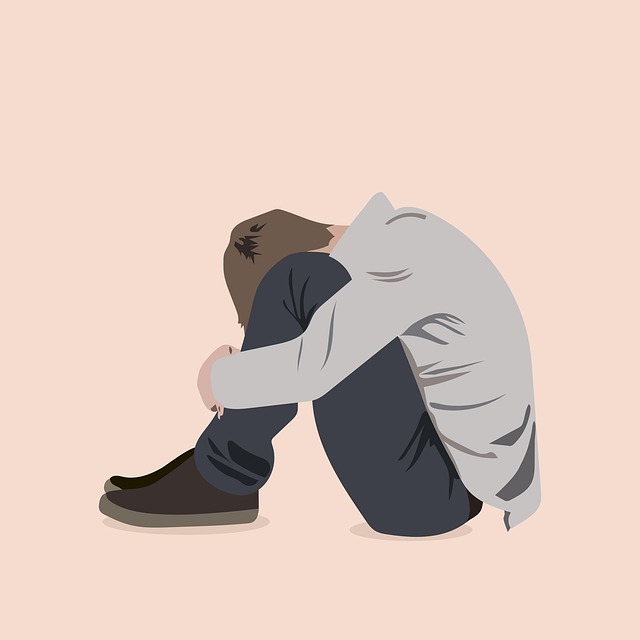Anxiety in young children manifest as fears, avoidance or irritability, requiring early intervention focused on recognizing physical and cognitive symptoms. Root causes vary from environmental stressors to internal issues like low self-esteem or cognitive misinterpretations. Effective therapy builds resilience, addresses trauma and prevents healthcare provider burnout, tailoring interventions to help kids develop coping mechanisms. Building self-esteem through confidence-boosting therapy is key, encouraging positive self-image to challenge negative thoughts and face challenges resiliently. Cognitive Behavioral Therapy (CBT) and Acceptance and Commitment Therapy (ACT) are proven strategies, empowering kids to change thought patterns and accept emotions, respectively, while integrated risk management planning offers valuable coping tools.
Anxiety is a common challenge faced by young children, yet managing it early is crucial for their overall well-being and development. This article explores effective strategies to combat childhood anxiety, focusing on understanding its subtle signs and causes, particularly in young minds. We delve into the power of building self-esteem as a robust defense against anxiety, showcasing how this internal strength can empower children. Additionally, we highlight various therapy approaches tailored for young children, emphasizing the importance of professional support. By integrating these techniques, parents and caregivers can foster resilience and promote healthy coping mechanisms.
- Understanding Anxiety in Young Children: Signs and Causes
- Building Self-Esteem as a Powerful Tool Against Anxiety
- Effective Therapy Approaches for Managing Childhood Anxiety
Understanding Anxiety in Young Children: Signs and Causes

Anxiety can manifest differently in young children compared to adults, often appearing as fears, avoidance behaviors, or irritability. Recognizing these signs is crucial for early intervention and effective therapy for young children. Children might exhibit physical symptoms like excessive sweating, rapid heartbeat, or difficulty breathing when facing anxiety-provoking situations. They may also display cognitive signs such as persistent worries, obsessions, or problems concentrating. Understanding the root causes of a child’s anxiety is essential; these can range from environmental factors, such as significant life changes or exposure to traumatic events, to internal stressors like low self-esteem or cognitive misinterpretations.
Early therapy for young children with anxiety often focuses on building resilience and self-esteem, which are cornerstones in stress management. Trauma support services can play a vital role in addressing underlying issues if the anxiety is linked to past traumas. Additionally, burnout prevention strategies for healthcare providers working with these young patients ensure they receive the best care possible. By implementing tailored interventions, professionals can help children develop coping mechanisms and enhance their ability to manage and overcome anxiety effectively.
Building Self-Esteem as a Powerful Tool Against Anxiety

Building self-esteem can be a potent strategy to combat anxiety, especially in young children. Therapy focused on enhancing self-worth and confidence can significantly reduce anxiety symptoms. By fostering a positive self-image, kids learn to challenge negative thoughts and beliefs that contribute to fear and worry. This process empowers them to face challenging situations with resilience, thereby lessening the grip of anxiety.
Self-care routine development is an integral aspect of this strategy. Encouraging children to engage in activities that promote mental well-being, such as mindfulness exercises, physical activity, and creative outlets, can boost their self-esteem. This not only helps in managing anxiety but also contributes to a holistic approach to mental health, aligning with broader mental health policy analysis and advocacy efforts.
Effective Therapy Approaches for Managing Childhood Anxiety

For young children experiencing anxiety, certain therapy approaches have proven effective in fostering mental wellness and boosting self-esteem. Cognitive Behavioral Therapy (CBT) is a widely recognized method that helps kids identify and change negative thought patterns contributing to their anxiety. By teaching them to challenge these thoughts and replace them with more positive ones, CBT empowers children to manage their emotions and fears more effectively. Additionally, this therapy encourages the development of emotional intelligence, enabling young individuals to understand and regulate their feelings better.
Another valuable approach is Acceptance and Commitment Therapy (ACT), which focuses on accepting difficult feelings instead of trying to avoid or suppress them. This technique teaches children to live in the present moment, fostering resilience against anxiety-inducing situations. Moreover, integrating risk management planning into therapy sessions equips mental health professionals with essential tools to support young clients, ensuring they have strategies to cope when faced with anxious moments.
Anxiety management is a vital aspect of fostering healthy development in young children. By understanding the signs and causes, we can empower ourselves and our children to combat anxiety effectively. Building self-esteem serves as a robust tool, providing resilience against anxious tendencies. Additionally, exploring evidence-based therapy approaches, such as cognitive-behavioral therapy, offers specialized care tailored to each child’s unique needs. Through these comprehensive strategies, we can support young minds in navigating and overcoming anxiety, paving the way for a more secure and confident future.









